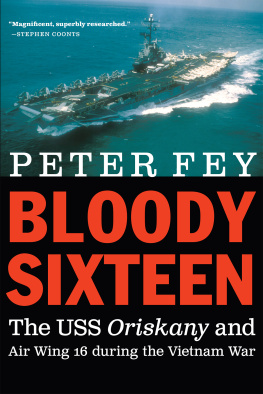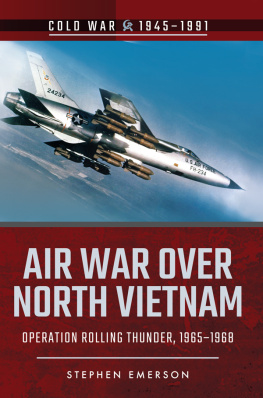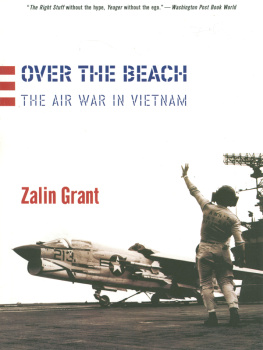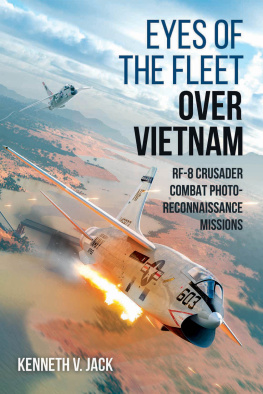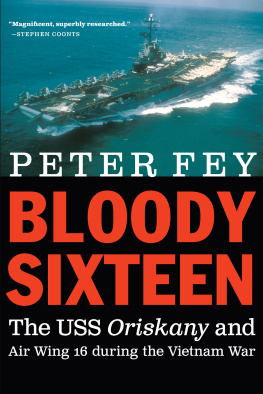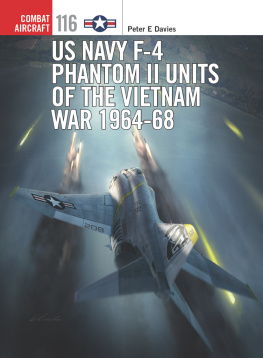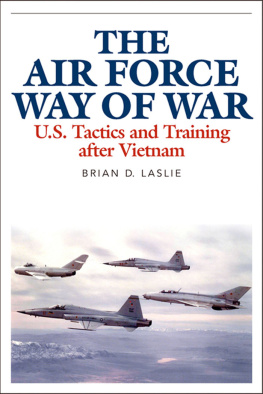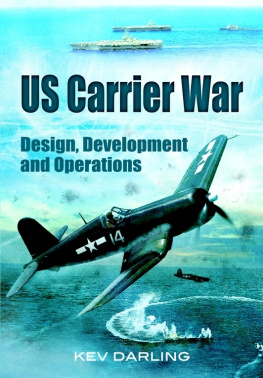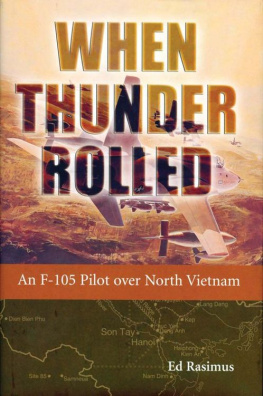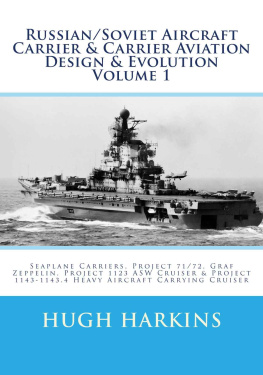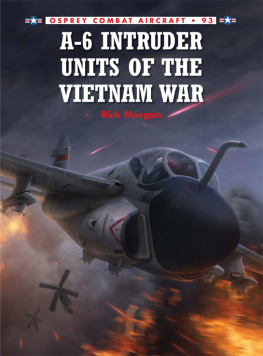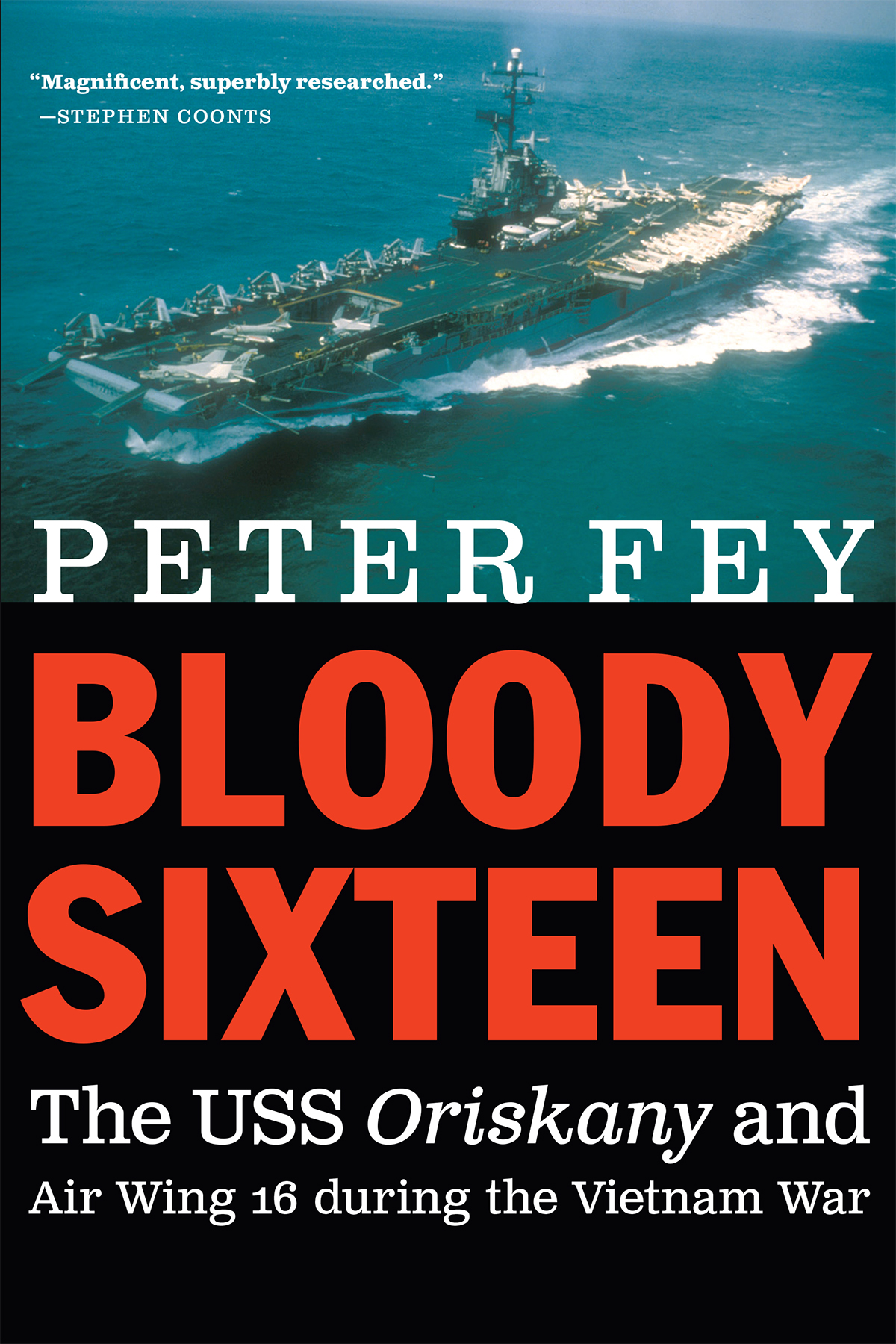Peter Fey - Bloody Sixteen: The USS Oriskany and Air Wing 16 during the Vietnam War
Here you can read online Peter Fey - Bloody Sixteen: The USS Oriskany and Air Wing 16 during the Vietnam War full text of the book (entire story) in english for free. Download pdf and epub, get meaning, cover and reviews about this ebook. year: 2018, publisher: Potomac Books, genre: History. Description of the work, (preface) as well as reviews are available. Best literature library LitArk.com created for fans of good reading and offers a wide selection of genres:
Romance novel
Science fiction
Adventure
Detective
Science
History
Home and family
Prose
Art
Politics
Computer
Non-fiction
Religion
Business
Children
Humor
Choose a favorite category and find really read worthwhile books. Enjoy immersion in the world of imagination, feel the emotions of the characters or learn something new for yourself, make an fascinating discovery.
Bloody Sixteen: The USS Oriskany and Air Wing 16 during the Vietnam War: summary, description and annotation
We offer to read an annotation, description, summary or preface (depends on what the author of the book "Bloody Sixteen: The USS Oriskany and Air Wing 16 during the Vietnam War" wrote himself). If you haven't found the necessary information about the book — write in the comments, we will try to find it.
The Johnson administrations policy of gradually applied force meant that Oriskany arrived on station just as previous restrictions were lifted and bombing raids increased. As a result CVW-16 pilots paid a heavy price as they ventured into areas previously designated off limits by Washington DC. Named after one of the bloodiest battles of the Revolutionary War, the Oriskany lived up to its name. After two years of suffering heavy losses, the ship caught firea devastating blow given the limited number of carriers deployed. With only three months allotted for repairs, Oriskany deployed a third and final time and ultimately lost more than half of its aircraft and more than a third of its pilots. The valor and battle accomplishments displayed by Oriskanys aviators are legendary, but the story of their service has been lost in the disastrous fray of the war itself. Fey portrays the Oriskany and its heroes in an indelible memorial to the fallen of CVW-16 in hopes that the lessons learned from such strategic disasters are not forgotten in todays sphere of war-bent politics.
Peter Fey: author's other books
Who wrote Bloody Sixteen: The USS Oriskany and Air Wing 16 during the Vietnam War? Find out the surname, the name of the author of the book and a list of all author's works by series.

